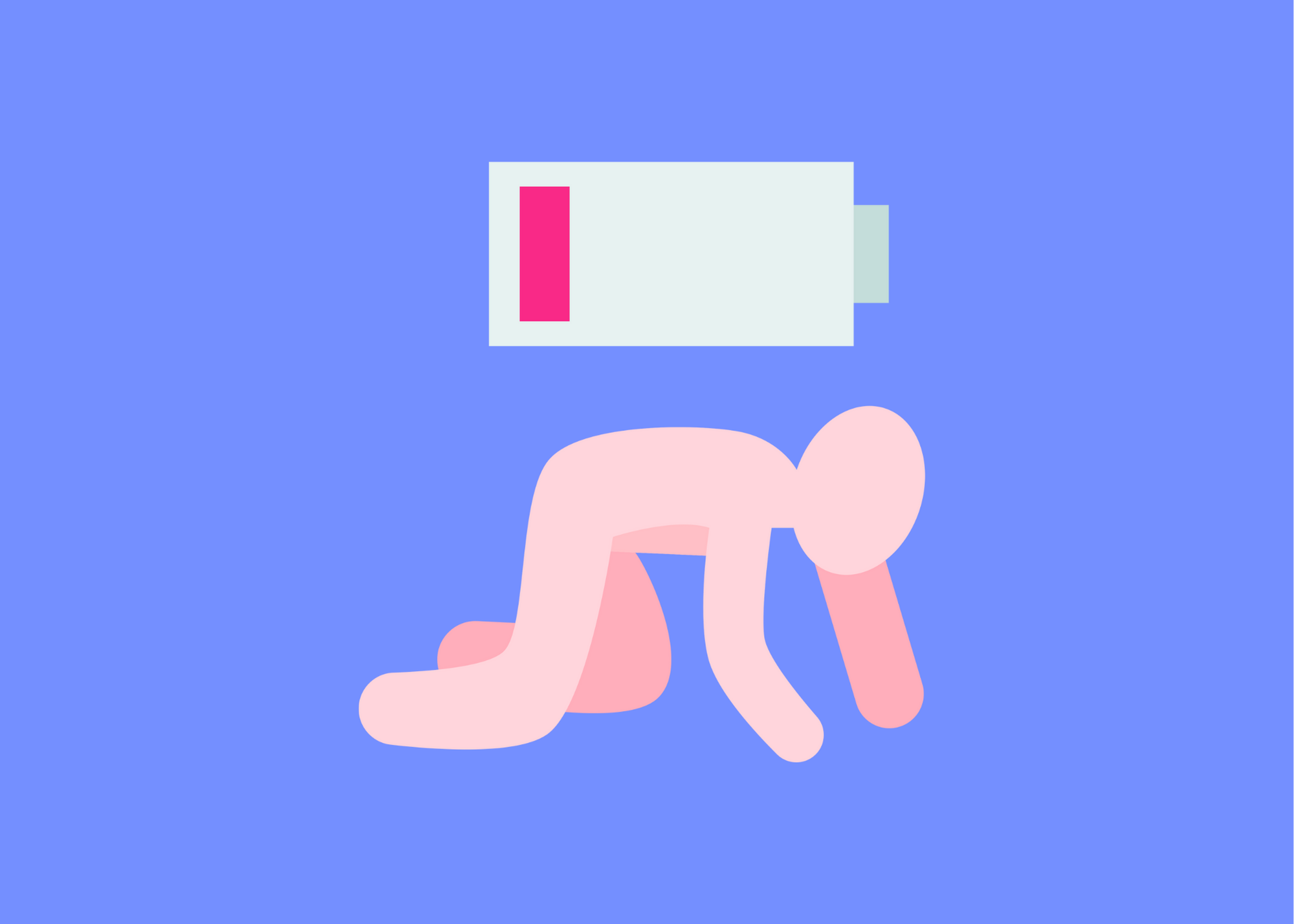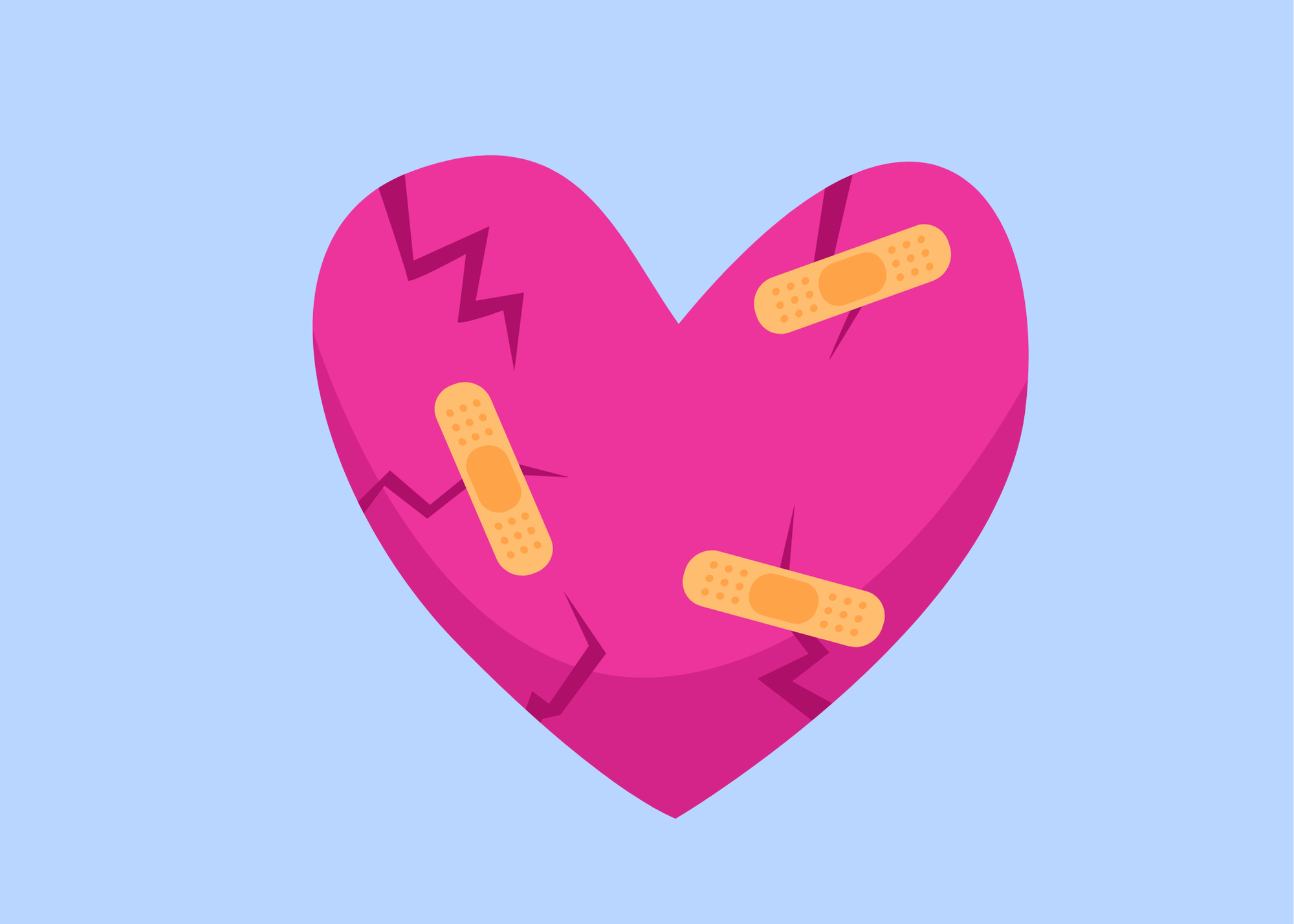From Emotionally Healthy to Unhealthy: When People or Situations Bring Out the Worst in You
Even Emotionally Healthy High Achievers Can Slide Into Emotional Chaos—And What to Do About It
Emotional health is a vital aspect of overall well-being, characterized by the ability to manage and express emotions effectively, maintain resilience in the face of adversity, and cultivate positive relationships. However, even those who are emotionally healthy are not immune to emotional challenges. Life's complexities and stressors can lead to fluctuations in emotional well-being, making it possible for emotionally healthy individuals to experience periods of emotional decline.
Chronic stress and burnout, common issues in high-pressure environments, can severely impact emotional stability, leading to emotional exhaustion, irritability, and decreased ability to cope. Managing stress effectively is key to maintaining emotional health and avoiding burnout, especially for those navigating the demands of a busy, high-achieving lifestyle.
In this article, we'll explore whether emotionally healthy people can become emotionally unhealthy, the signs that may indicate they're starting to slip, what to do when people or situations bring out the worst in you, and how to deal with emotionally unhealthy people who may be affecting you.
The Possibility of Emotional Decline
Can Emotionally Healthy People Become Emotionally Unhealthy?
Short answer: yes. Long answer: yes—and it happens more often than we think.
Emotional health is often mistaken for emotional invincibility. But no one, not even the most grounded person in your group chat, is immune to stress, loss, relationship strain, or career chaos. Life throws curveballs. Burnout builds quietly. Emotional resilience erodes when it isn’t regularly replenished.
Think of emotional health like physical fitness. You can be strong, but stop training, overwork your system, or live on vending machine snacks long enough, and performance will dip. The same goes for your nervous system.
Whether it’s a major life transition, chronic overwork, or months of “powering through,” emotionally healthy people can start slipping—and often don’t notice until they’re way off balance.
6 Signs You’re Starting to Slip Emotionally
Not every sign of emotional decline looks like full-blown breakdown. Sometimes it just looks like…you, but edgier, sadder, and way more tired.
Here’s what to look for:
1. Irritability On Tap
Things that used to roll off your back now set you off.
You’re shorter with people. Snappier in tone. And more easily annoyed than you’d like to admit.
2. Lingering Sadness or Anxiety
You feel off—sad, tense, or perpetually on edge—and can’t pinpoint exactly why.
Your usual outlets don’t quite help the way they used to.
3. Social Withdrawal
You find yourself dodging calls, cancelling plans, or opting out of connection.
What used to energize you now feels draining.
4. Mental Fatigue
You’re less focused, less efficient, and mentally foggy.
You might still be performing—but it’s taking way more effort behind the scenes.
5. Changes in Sleep or Appetite
You’re tossing and turning, sleeping too much, stress-eating, or skipping meals altogether.
Your physical rhythms are off.
6. Decreased Resilience
Things that used to feel manageable now feel overwhelming.
One small challenge feels like the last straw.
These aren’t just bad days. They’re warning signs that your emotional capacity is running low. And when that happens, the people and situations around you start hitting harder.
What to Do When People or Situations Bring Out the Worst in You
You can be the most emotionally intelligent person in the room—and still get triggered. The goal isn’t to avoid every tough interaction. The goal is to build skills that protect your peace and help you recover faster.
Here’s how to navigate it:
Get Self-Aware, Fast
Pause and ask: Why is this setting me off?
Is it a familiar dynamic from your past? A core value being violated? A reminder of something you haven’t healed
Getting clear on the real trigger gives you back your agency.
Set Real Boundaries
If someone constantly drains or dysregulates you, don’t keep offering unlimited access. Protect your energy:
Leave the group chat
Opt out of the heated topic
Take space without explanation
Boundaries aren’t mean. They’re mature.
Practice Mindfulness (In Real Life, Not Just on Apps)
You don’t need a 30-minute meditation habit. You need practical tools:
Box breathing during tense meetings
Grounding before that phone call
A walk between tasks to shake off stress
Mindfulness is less about being “zen” and more about staying centered under pressure.
Talk It Through—with the Right People
Don’t isolate.
Talk to people who won’t just validate your rage but will help you reflect, regulate, and reset.
Choose safe, emotionally attuned people for this—not the coworker who loves drama.
Redirect Your Energy
When you’re emotionally flooded, use your body to metabolize it.
Lift heavy things. Go for a walk. Dance it out. Do something physical that brings you back to yourself.
Dealing with Emotionally Unhealthy People (Without Absorbing Their Chaos)
Some people are walking nervous systems on fire. And if they’re close to you—partner, sibling, boss, best friend—their instability can seep into your world.
Here’s how to hold your center:
1. Maintain Emotional Distance
You can care about someone without taking on their emotional load. That’s not cold. It’s conscious self-preservation.
If they’re constantly spiraling, angry, or projecting, limit your exposure—even in micro-doses.
2. Don’t Play Rescuer
You're not their therapist, life coach, or emotional regulator. You can say:
“That sounds really hard. I think a therapist might be a great support for this.”
Encourage support, don’t become it.
3. Control What You Can
You can’t change someone’s behavior, but you can manage your boundaries and responses.
Protect your peace even when they don’t protect theirs.
4. Lean Into Your Own Support System
Toxic dynamics drain you.
Refill your tank regularly through people who bring clarity, safety, and perspective.
You need outlets that pour into you.
How to Recover When You’ve Slipped Emotionally
The beauty of emotional health? You can rebuild it. Emotional decline isn’t failure—it’s feedback.
Here’s how you grow from it:
Step 1: Acknowledge It
Stop gaslighting yourself. This isn’t “just stress.”
It’s your nervous system waving a white flag. Own it without shame.
Step 2: Get Support
You don’t have to figure it out solo.
Talk to someone trained to help—coach, therapist, mentor. No one wins points for toughing it out alone.
Step 3: Build New Coping Tools
If your old strategies aren’t cutting it, evolve them. Learn better tools:
Mindful movement
Journaling
Strength training
Restorative sleep habits
Saying “no” without a backstory
Step 4: Reset Your Life Logistics
If you’re constantly overwhelmed, zoom out.
Are your expectations realistic? Are you over-committed? Is your calendar a cortisol trap?
Simplify. Streamline. Edit your obligations. Emotional well-being starts with the basics.
Step 5: Commit to Maintenance, Not Just Crisis Management
Don’t wait until you’re spiraling to care about your emotional health.
Make it part of your daily routine.
Keep the habits that stabilize you on deck—especially when things are good.
Final Thoughts
If life, work, or relationships have started to bring out the worst in you, it doesn’t mean you’ve failed. It means something needs your attention.
Emotional health is like strength training: it’s not about being “always okay.” It’s about building capacity. Recovering faster. Knowing your limits. And honoring your needs before the crash.
So whether you’re slipping or already flat on your back—this is your invitation to get back up. Stronger. Sharper. More self-aware. Not because you have to, but because you deserve to.
And if you need help? That’s not weakness. That’s wisdom.
Need Help? The people in your life impact your energy, mood, and stress response.
By setting boundaries, practicing mindfulness, and seeking support you’ll think clearer and show up better.
💡 Let’s make that part of the plan. Book your free 20-minute consult today.
Article References
The sources cited in the article:
World Health Organization (WHO). "Mental Health: Strengthening Our Response." WHO - Mental Health
Mayo Clinic. "Stress Symptoms: Effects on Your Body and Behavior." Mayo Clinic - Stress Symptoms
American Psychological Association (APA). "The Road to resilience." APA - The Road to Resilience
National Institute of Mental Health (NIMH). "5 Things You Should Know About Stress."NIMH - 5 Things About Stress
Harvard Health Publishing. "Understanding the Stress Response." Harvard Health - Understanding the Stress Response
Centers for Disease Control and Prevention (CDC)."Coping with Stress." CDC - Coping with Stress
National Alliance on Mental Illness (NAMI). "Warning Signs and Symptoms." NAMI - Warning Signs and Symptoms
Verywell Mind. “Health Benefits of Mindfulness-Based Stress Reduction (MBSR).” Verywell Mind - Health Benefits of MBSR






